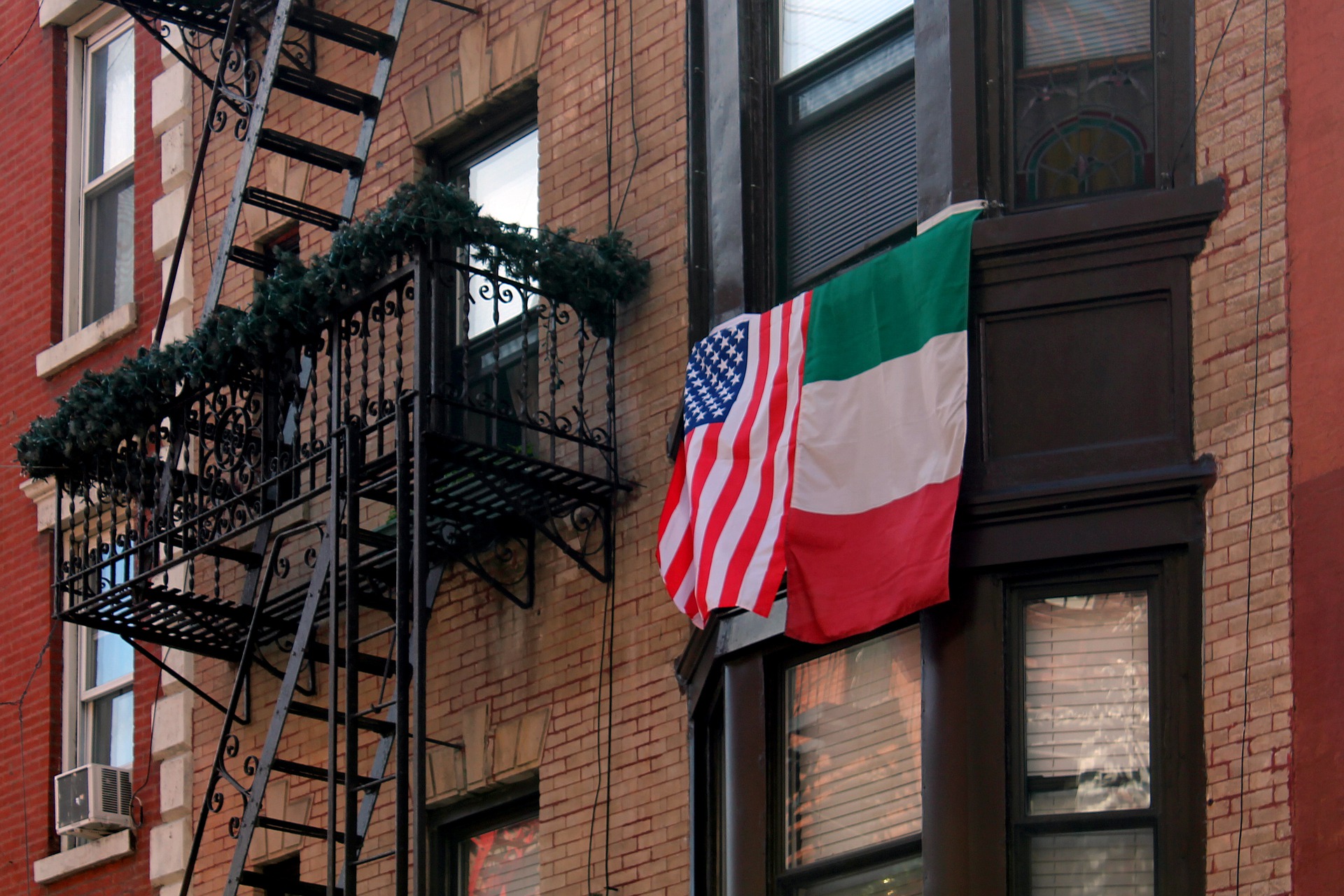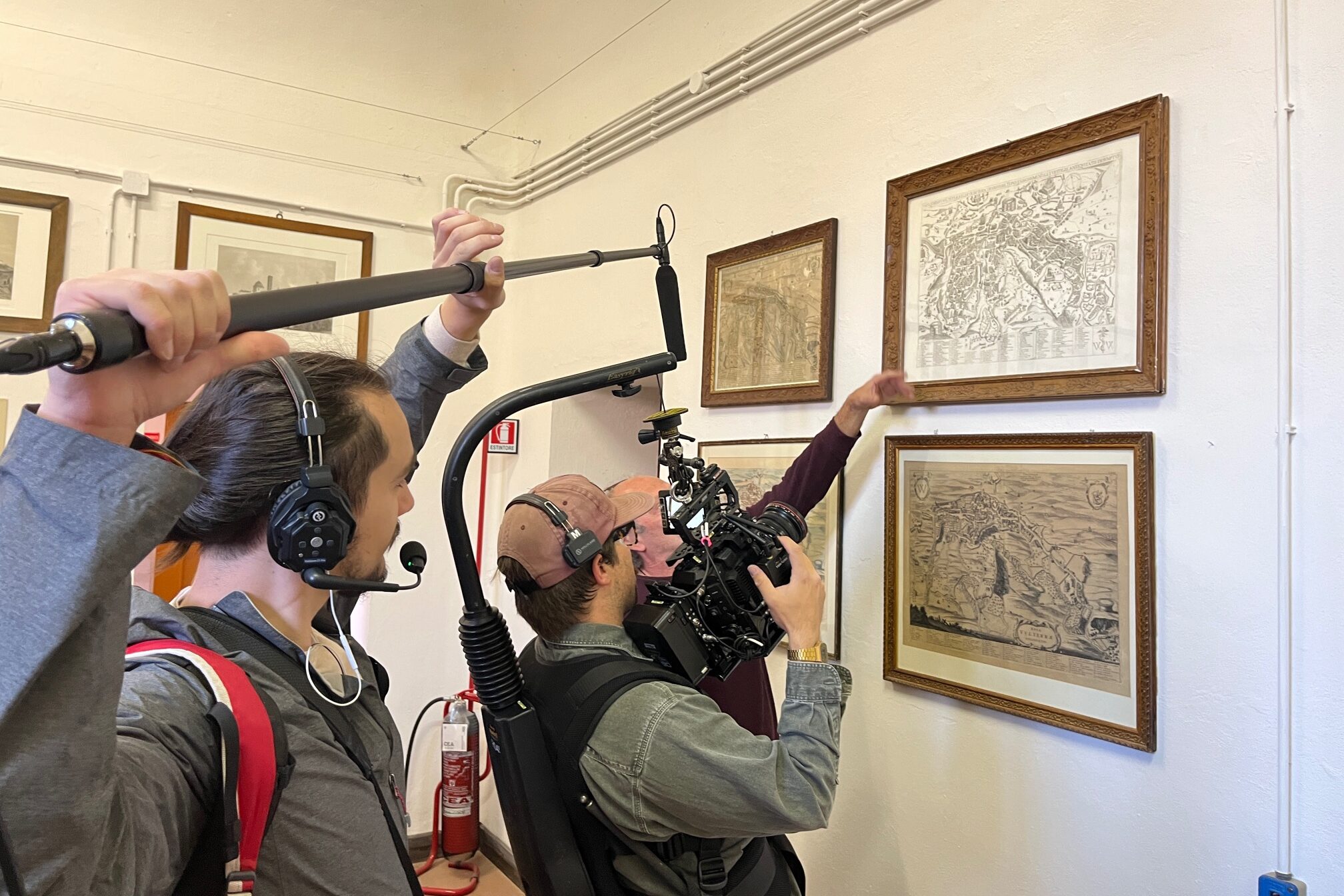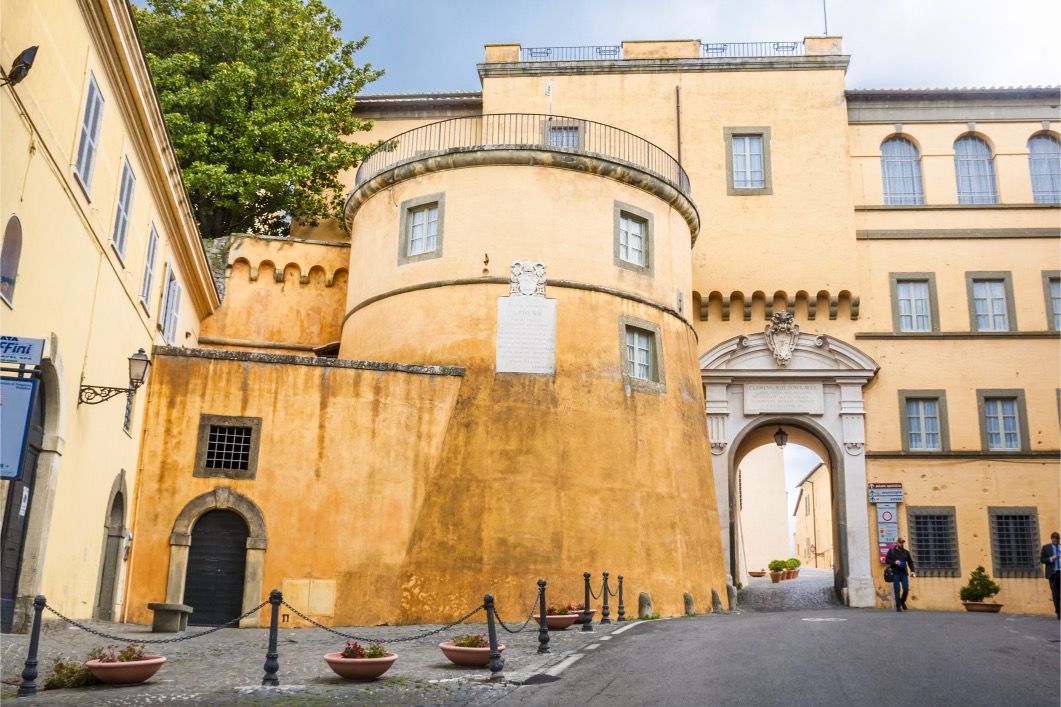Imagine a superior form of extraterrestrial life, endowed with a higher intelligence, landing on the moon’s surface. The alien picks up a human artefact, the size of half a coke can, and opens it: inside, it’s contained the historic milestones of humanity and its creativity across the millennials.
No, it’s not the opening of the latest Sci-fi blockbuster, but a true future scenario: well, except maybe for a little stretch of imagination, since there is no certain evidence of alien life, to date.
Alessandro Scali, researcher and “nanoartist” – from Turin, capital of the Piedmont region, in Italy – on June 2014, jumped on board, joining an international team of forty talented individuals, who are carrying out the Moon Arts Project (initiated in 2008), which aims to bring the cylindrical inventory of our civilization, the so-called “Moon Ark”, onto the moon’s surface by 2017.
Scali was recently invited to deliver a speech, in occasion of the international conference, Technarte (held in Los Angeles, at the Bergamot Station, on last December 10-11), which strives to favor an ever-growing collaboration and dialogue among experts from both science, new technologies and art.
At the confluence between hi-tech and art, the Italian pioneer in Nano Art, perfectly fit into this equation, by showcasing his precious contribution to this ambitious, interdisciplinary space mission.
Here follows a more comprehensive profile of a man, who constantly jostles across the most experimental and fascinating projects.
Let’s go back together over your background and first artistic approaches. What in particular stirred your curiosity and creativity?
I am constantly fascinated by the unusual, the atypical, the unconventional and all that is far from my humanistic cultural background; my inspiration comes from science, technology, biology, sociology, IT and all that is different and far from me.
I suppose this is a sort of legacy from my grandfather: a truly curious, eclectic and odd person, rich in culture and with a strong passion for its work despite his humble origins.
On December 10-11, you were invited as a speaker at the international conference, Technarte. Please, sum up for us your speech’s topic.
My speech was focused on my most relevant and recent project, the creation of 2 nano artworks for the Moon Arts Project, whose aim is to land a nano Museum – known as the Moon Ark – on the surface of the Moon in 2017. It is a trulyl lifelong dream project, and as Italian I am proud and excited at the same time to be part of this incredible, visionary project who will bring first samples of human art on the Moon.
What are your impressions of this interdisciplinary initiative. Did you attend to it before? Did you have chance to network and, possibly, establish new artistic collaborations?
Yes, I attended Technarte in Bilbao in 2009, 2010, 2013 and now for the 10th edition in Los Angeles. My impression is really positive as I always have the chance to meet other artists from all over the world. In 2009, I met there Chris Robinson, a professor from University of South California, currently curator of the NanoMuseum, who invited me to create 2 nano-artworks for the Moon.
In this edition, for example, I had the opportunity to meet Frederik De Wilde from Bruxelles, Belgium, as well as Patxi Araujo and Jaime de los Rios from Spain, and Behnazi Farahi from LA. I’m sure we will collaborate together in the near future to create new projects and artworks.
Some of your works of NanoArt, are currently on view at LACDA (Los Angeles Center of Digital Art). You are one of the pioneers in this new artistic/scientific field. What makes it different from any other form of art?
Nanoart plays on the aesthetic paradox of creating visual artworks invisible to human eyes, nevertheless being inexistent or unreal; although they are invisible, nanoartworks are there, they exist, but they cheat the eye, they refuse to be seen: the contemporary bulimic eye cannot reach there. Constantly bombarded by an infinite sequence of images, faced with invisible works, the eye must resign itself to its temporary uselessness.
Last but not least, Nanoart can be considered a critic of the grandeur of contemporary art system: massive art fairs, gigantic exhibitions, enormous artworks. Maybe there is a need for a healthy and decisive downsizing. Nanoart is art making itself small, that plays itself down to the point where it makes invisible to the human eye. Let’s put in this way: an art which is not too eye-catching.
Tell us more about your Okkult Motion Pictures project. Aside from the taste for unusual images, how does it relate with your main field of research?
In few words, OKKULT Motion Pictures is Art, Education and Entertainment through Animated GIFs. It is the attempt to turn a digital file – the GIF – into a work of art, at the same level of a paint or a sculpture. From this point of view, OKKULT is a perfect expression of my main field of research: the use of media and technology as a transfer of knowledge.
Tell us more about your Giphoscope. Where did that idea come from?
As GIF artist I know it’s very easy to show/share an animated GIF on the web, but it’s hard to find an offline GIF player to exhibit and sell a GIF as a single, unique artwork. I have conceived, designed and handcrafted the Giphoscope with the objective of proposing to artists/galleries/ museums/collectors a minimalistic, unconventional, retro futuristic analog GIF player, entirely tailor made and handmade in Italy. Thanks to the Giphoscope, animated GIF becomes a tangible and exclusive artwork, a real-life interactive sculpture.
Now, after 2 years from the official launch, the Giphoscope (www.giphoscope.com) is more than an Analog GIF Player: clients from all around the world order a Giphoscope to turn a piece of their digital life – for example a video recorded with a smartphone – into a customized, one-off handmade interactive sculpture with endless possibilities: birthday & wedding gift as well as business gift, home décor, objet d’art, tool for exhibitions, fairs and museums etc. We have created custom Giphoscopes for Microsoft, for Hendrick’s Gin, for the Stowe House in UK and for the launch of the Embassy Gardens in London. And curiously, our first market is California.
Looking at your CV, it looks like you’ve had a parallel, successful career as copywriter. Do you feel like working in advertising helped to brand yourself?
Yes, without any doubt. My advertising background helps me a lot in building my personal brand in a concise and effective way.
In conclusion, do you like L.A.? Are you in contact with the local Italian-American community?
I really enjoyed my first time in LA and California, and I would love to be in contact with the Italian-American community. I’m looking for new professional opportunities out of Italy, and as an artist and creative researcher working on atypical and multi-disciplinary projects at the intersection of arts, communications, technology and culture, I think LA and California should be a perfect place to express my potential.






























